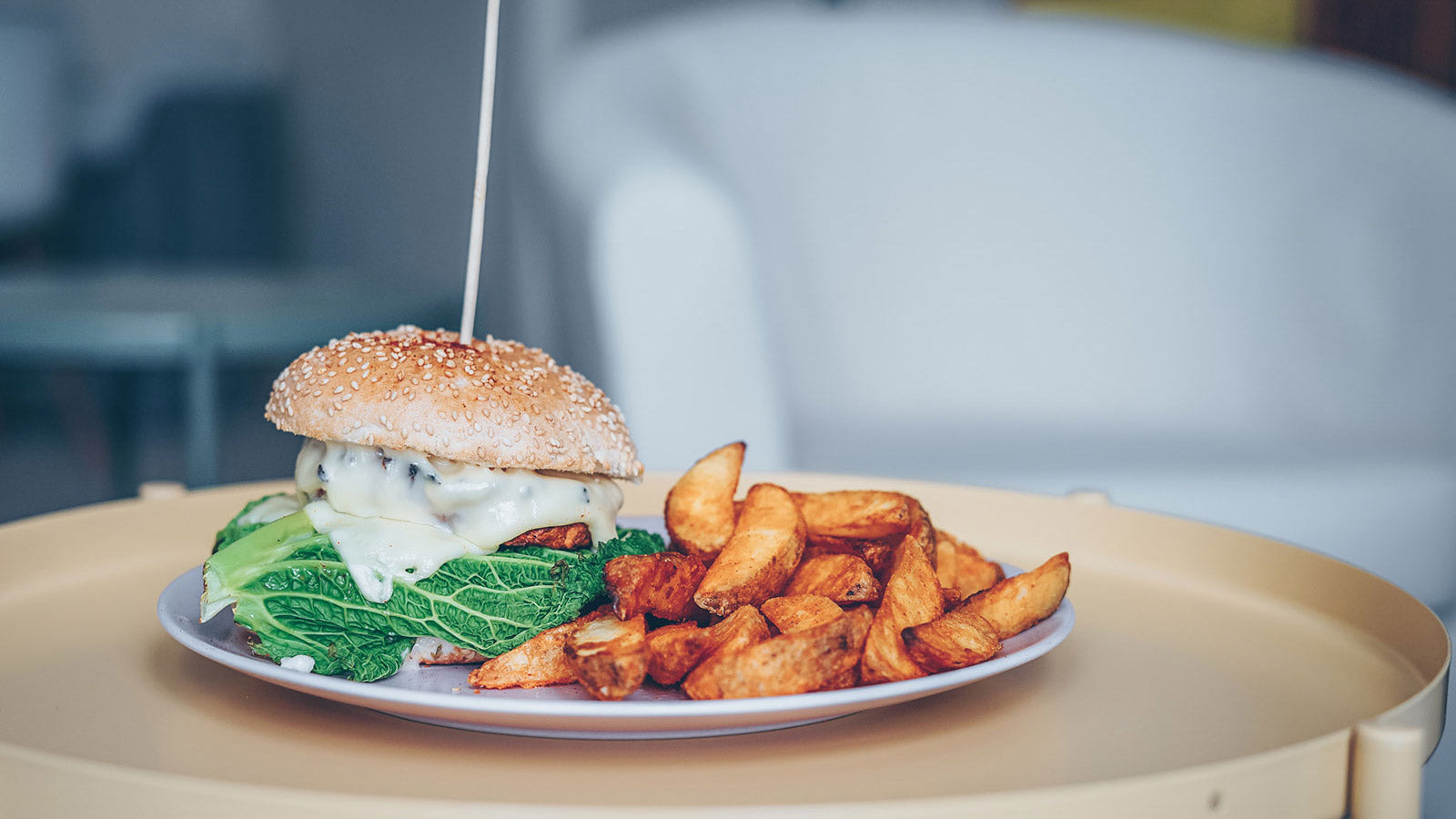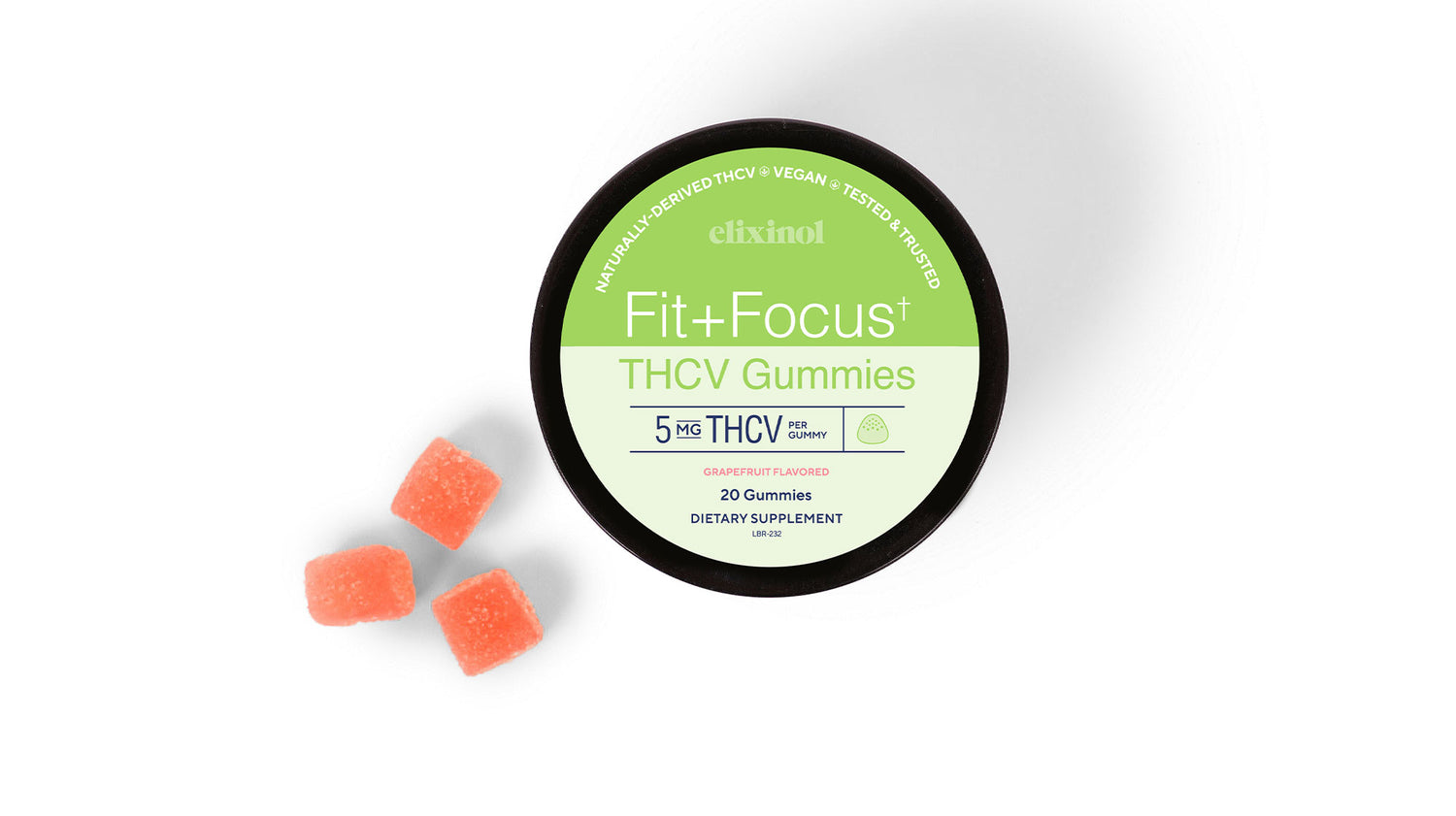CBD and Appetite
Cannabidiol (CBD) is a compound that's recently been gaining in popularity that is derived from the cannabis plant. CBD can come in a variety of formulations - from oils and topicals, to gels and gummies. Health research demonstrates that CBD oil helps support certain areas of physical and mental health. There are a number of benefits associated with CBD that include promoting natural sleep, supporting a positive mood, and even smoothing and softening skin.
However, little is yet known about the effects of CBD on appetite. Early research has helped identify certain trends that help explain the relationship between CBD and appetite and whether or not it is an appetite suppressant or a stimulant.
How Do Cannabinoids Affect Appetite?
It’s already well-documented that cannabis may affect appetite in a variety of ways. The colloquial term, “the munchies” is commonly used to describe the feeling of increased appetite after using cannabis. Scientific research has recently been conducted to help us understand why cannabis may cause this effect.
Recently, researchers have been able to get a better understanding of how cannabis alters appetite by studying the chemical pathways that occur in the human body. There are over 480 natural components found within the cannabis sativa plant. Over 60 of these are categorized as cannabinoids, which are uniquely found in the plant. THC is the cannabinoid that is primarily responsible for any related psychoactive effects.
Cannabinoids affect the user by interacting with specific receptors, located within different parts of the nervous system. There are receptors that respond to cannabis and cannabinoid-like substances that exist inside us via what is called the endocannabinoid system. CB1 is the receptor within the ECS that is most associated with cannabis usage and appetite regulation. The CB1 receptor is active in several appetite stimulation areas of the body:
- Sections of the brain that regulate food intake
- Sections of the brain that associate eating with dopamine, the “feel-good” chemical
- Sections of the digestive system that tell us when we’re hungry
Is CBD an Appetite Suppressant or Appetite Stimulant?
CBD itself may not cause appetite stimulation - or “munchies”. CBD does not cause the same increased appetite that THC does, because CBD does not bind to the CB1 receptor. However, CBD oils may boost appetite in other ways, such as by adding it to different foods and drinks. But does CBD stimulate appetite? Not usually.
While CBD may not cause increased food cravings, there are other ways CBD may affect appetite. CBD helps relieve occasional, everyday nervousness and promotes calmness and relaxation. In turn, this CBD-related relaxation may promote an increase in appetite for individuals who are feeling tense or nervous. It’s common for us to feel more relaxed and comfortable about eating when we have a positive, healthy mood.
CBD and Appetite: Conclusion
As far as current research shows, THC binds to the CB1 receptor, which affects our appetites. However, CBD binds to the CB2 receptor of the ECS, which does not affect our appetite as much. Although CBD may not affect appetite directly, it may affect our appetites through its relationship with other factors. CBD supports a healthy response to stress and promotes calmness and relaxation - all of which can help us eat, drink, and be merry!
Interested in seeing for yourself how CBD can support a positive, healthy mood and the endocannabinoid system? Discover our array of CBD products that can promote relaxation, stress-relief and more, such as our Daily Balance Tincture and Full Spectrum CBD Oil.




